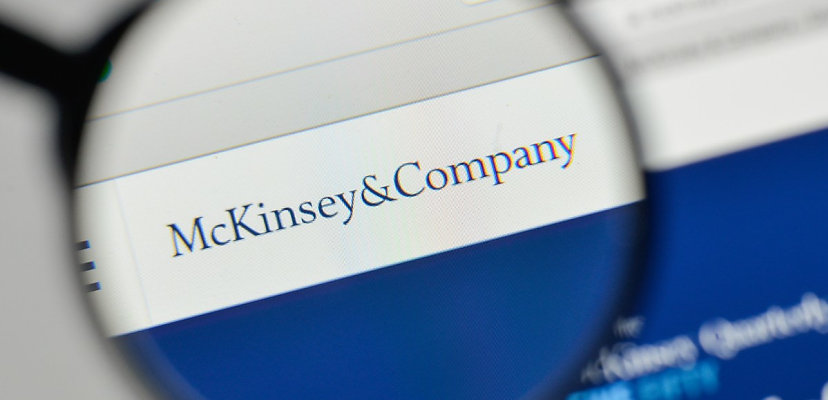Share this article on:
Powered by MOMENTUMMEDIA
Breaking news and updates daily.
Despite facing heavy parliamentary and public scrutiny for its spending on external consulting, the federal government has announced that it has spent just under $3 million on the cyber security strategy, with the majority of the funds going to consulting firm McKinsey.

The 2023–2030 Cyber Security Strategy has racked up a price tag so far of $2.8 million, with $2.4 million going to McKinsey, for “developing briefings and background content, stakeholder engagement and minutes for industry meetings, as well as project management for the strategy”, according to the Department of Home Affairs.
The question of cyber security strategy expenses was put on notice by shadow cyber security minister James Paterson during Senate estimates in May.
In addition to the $2.4 million paid to McKinsey, cyber security firm CyberCX was paid $170,500 for a “report on analysing approaches to global threat sharing and threat blocking”, while legal firm Clyde and Co. provided legal advice for just over $63,000.
The 2023–2030 Cyber Security Strategy was announced by Home Affairs and Cyber Security Minister Clare O’Neil last year, when the government released a discussion paper to outline the strategy’s development.
The paper was released in February, painting a picture of the current cyber climate, Australia’s cyber goals and what needs to be done to achieve them.
“This discussion paper is an opportunity to provide your views on how we can work together to make Australia a world leader in cyber security by 2030,” said Minister O’Neil in the paper’s foreword.
The end goal of the strategy, as Minister O’Neil pledged to achieve last year, was to make Australia the most cyber secure nation in the world by 2030.
The Albanese government’s strategy is a reset of the coalition’s 2020 cyber security strategy, which had already secured $1.7 billion in funding.
News of Australia’s spending on consulting for the cyber security strategy comes at a time when the federal government is being heavily critiqued for the billions it has paid consulting firms over the last decade.
$10 billion has been paid to the big four accounting firms – EY, Deloitte, PwC, and KPMG – over the last decade. The Department of Defence alone has spent $4 billion on consulting with the big four.
According to data from AusTender, spending on the big four firms has increased over 600 per cent since 2013, with over $8 billion spent in the past 10 years.
Until recently, consulting firms were trusted and considered valuable assets. However, the recent controversy with PwC advising big multinational companies on how to avoid paying taxes has painted them as corrupt, leading taxpayers to change their views on government spending.
Issues continue to plague PwC after it was disclosed that data belonging to the consulting firm had been posted on the clear web by the Clop ransomware group after the company was caught up in the MOVEit supply chain attack.

Be the first to hear the latest developments in the cyber industry.